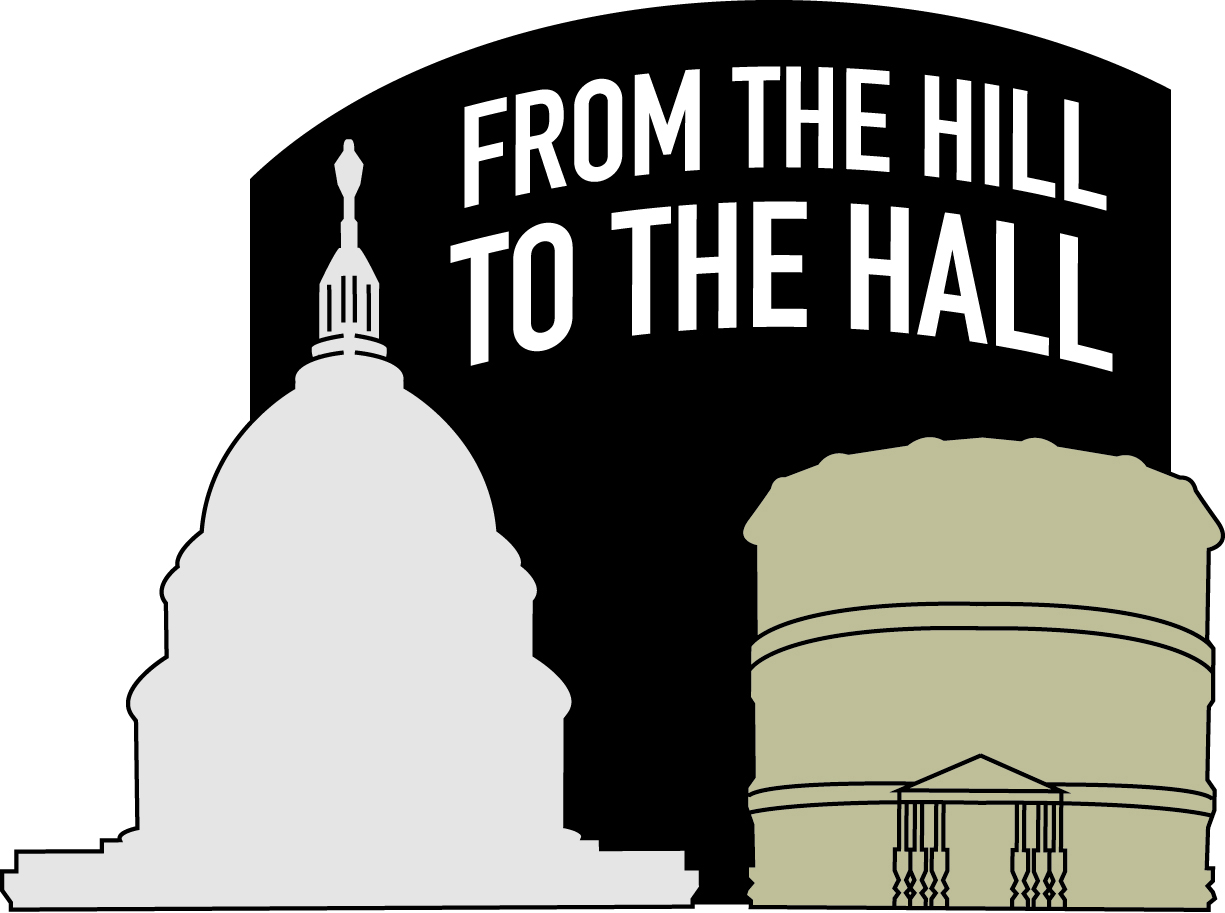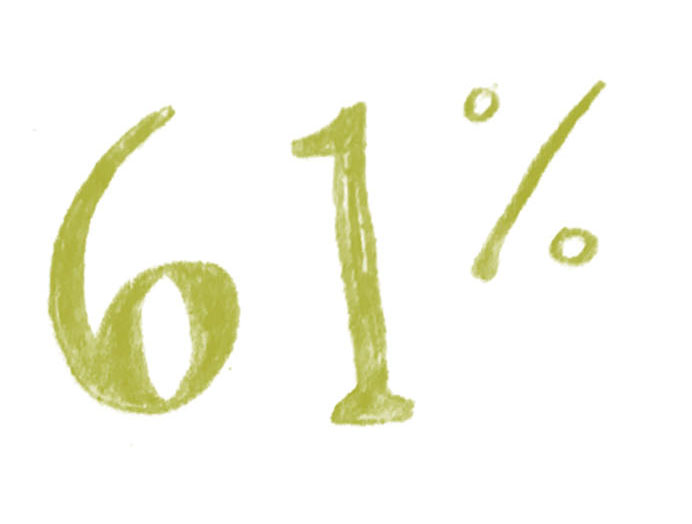Oregon Gov. Kate Brown signed a new law on April 10 to take effect January 2019 prohibiting state government agencies from contracting with internet providers that don’t adhere to principles of net neutrality. The mandate includes some logical exceptions where public safety and law enforcement are concerned.
Prior to its repeal by the Federal Communications Commission in December 2017, net neutrality regulations kept broadband companies from playing favorites with web traffic by slowing certain sites down or creating fast lanes for online services. The neutral net was like Switzerland, refusing to hold biases and throw itself into war. Without neutrality, the internet will become a warzone, with some online services barricaded and others propelled like bottle rockets before the eyes and brainwaves of America.
Oregon is the second state to pass its own net neutrality law in response to the repeal, following in Washington’s footsteps. “The Pacific Northwest is establishing itself as a leader in the resistance against the Trump administration,” stated Monica Nickelsburg of GeekWire. “In addition to taking on his FCC, Oregon and Washington lawmakers have been outspoken critics of Trump’s immigration policies, and their attorneys general have challenged the Trump administration in court over various issues.” Perhaps our two states should split off and build our own idyllic utopia upon rivers of Secret Aardvark sauce lined with Washington apple trees and Douglas firs.
Though Washington and Oregon are the only states to have passed their own net neutrality laws so far, lawmakers across the country are working to fight back against the FCC and Chairman Ajit Pai. In February, state attorneys general from 22 states launched a lawsuit suing to overturn the repeal. According to Ars Technica, governors of Hawaii, Montana, New Jersey, New York and Vermont have issued executive orders requiring internet service providers working with government agencies to follow net neutrality standards. As of March 2018, a total of 36 states are challenging the repeal with pending pieces of legislation.
While the idea of unbiased and free web access may seem as rightful as free speech and free ice cubes in your water glass, pushback against the FCC has been met with its own slew of critics, many of whom—rather unsurprisingly—make little sense.
Among these neutrality critics are the likes of one GeekWire commenter who insists “[Oregon’s new law] is just harry [sic] armpit granola eaters making themselves feel good.” I’d be interested in learning how this wise guy reached the conclusion that hairy armpits and granola are linked to an unbiased internet—he’s clearly an abstract thinker.
Jonathan Spalter, CEO of internet lobby US Telecom, threatened to “aggressively challenge state or municipal attempts to fracture the federal regulatory structure.” It is worth noting that broadband companies AT&T, Verizon and CenturyLink are all members of US Telecom and undoubtedly shovel big bucks into Spalter’s pockets.
Oregon’s new law makes me thankful I live in the Beaver State, but it also makes me wonder: Was the net ever truly neutral? Fake news, the recent Facebook/Cambridge Analytica scandal, politically prying Russian trolls and eerily targeted ads may indicate that the net is, and always has been, pushing us to one camp or another—to Coke or Pepsi, to Burger King or McDonald’s, to donkey or elephant. At the very least, the internet is diverting our attention; at worst, it’s infiltrating our brains.





